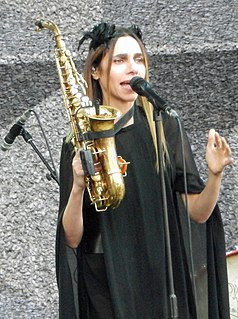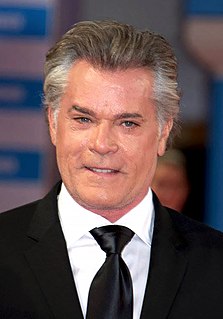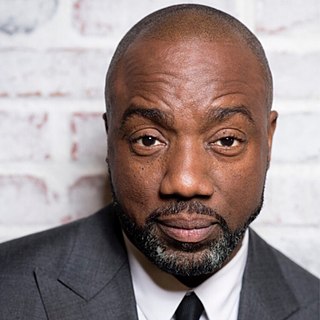A Quote by Gavin Esler
As a journalist, I have spent years reporting on often difficult and depressing conflicts, on poverty, and the inhuman way we sometimes treat each other.
Related Quotes
I treat people who write me the way my friends and I all treat each other when we go to each other for advice, which is sometimes with supreme cruelty. I think that's what helps the advice sink in. If somebody comes at you with both barrels, the first shot opens your head, and the second shot allows the advice to get lodged inside.
Sometimes you have to make decisions that necessarily exclude the collective. It's more difficult to be a friend - even though they know each other and they treat each other like friends, it's more of a challenge for them. It's just institutional fact; the two characters that are the most aloof are the ones who have the most responsibility.
I've got a particular way of writing novels, and that carries over into the way I write comics and games, too. I'm a news journalist by background, so I approach everything as reporting - I treat it as real, I ask the questions I'd ask in a real situation, and I let the characters speak for themselves.
Humanity must never lose hope. Our present conflicts and differences are difficult but not hopeless. We cannot expect people of such different races, cultures, languages, ways of life and beliefs, who have lived for thousands of years separated from each other to suddenly love each other and work together harmoniously. It takes time and patience. We must work on it stubbornly and not throw in the towel.
The US is often the first to call for transparency and integrity in the reporting of other governments. It has never provided transparency or integrity in its reporting on the war in Iraq. It has downplayed the growth of the insurgency and other civil conflicts. It exaggerated progress in the development of Iraqi forces, and has reported meaningless macroecomic figures claiming 'progress' in the face of steadily deteriorating economic conditions for most Iraqis outside the Kurdish security zone, and does so in the face of almost incredible incompetence by USAID and the Corps of Engineers.
We are different. We are equal in every way but our voices are important to each other and our need to want to listen to each other and try to understand, because sometimes we are so difficult to understand. Men to understand us, and we to understand men. And we don't. We don't connect the way we should.
I think any time you have any kind of social ill, not just domestic violence...as much as it's about the act, the obvious theme of domestic violence, Domestic Violence Awareness Month is also about how men deal with their emotions. It's not just like who gets brutalized; sometimes it's women that are abusing men, too. I think it's just an opportunity for us to look at ourselves. How do we treat each other? Why do we treat each other that way?
I'd spent thirty years visiting the Dalai Lama, and twenty years as a journalist going to difficult places, war zones and revolutions from North Korea to Haiti and Beirut to Sri Lanka, and the question came up: What does this man have to offer to this world which seems so torn up and so attached to conflict?
If each of us can learn to relate to each other more out of compassion, with a sense of connection to each other and a deep recognition of our common humanity, and more important, to teach this to our children, I believe that this can go a long way in reducing many of the conflicts and problems that we see today.
































